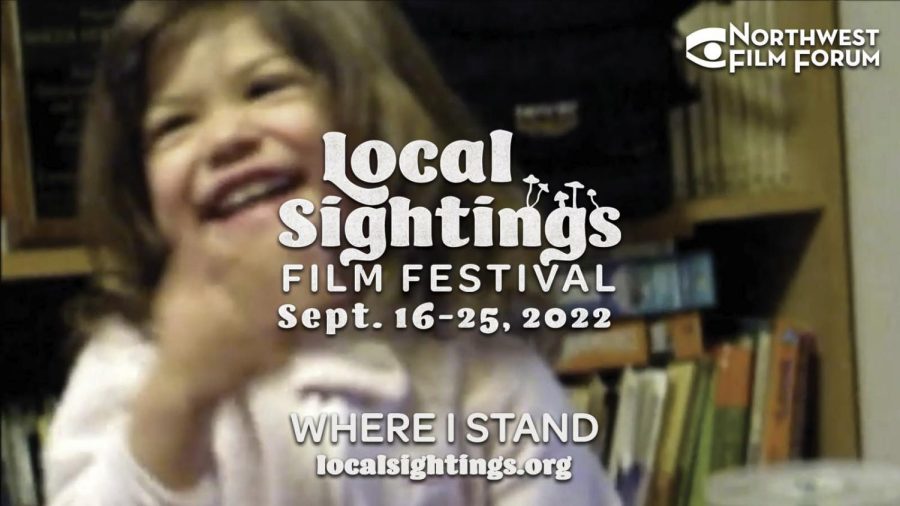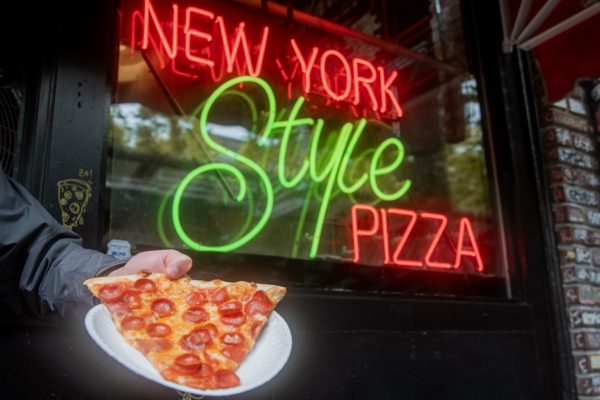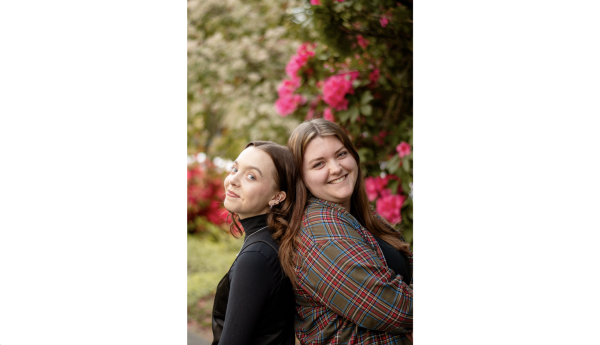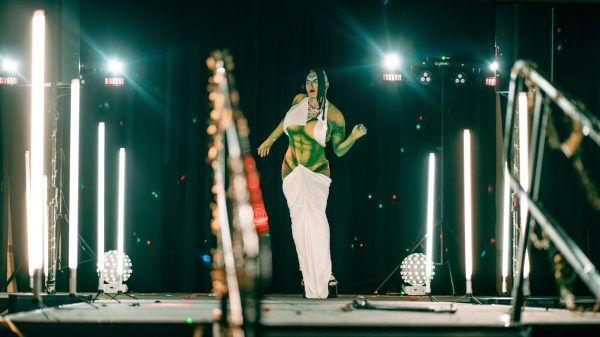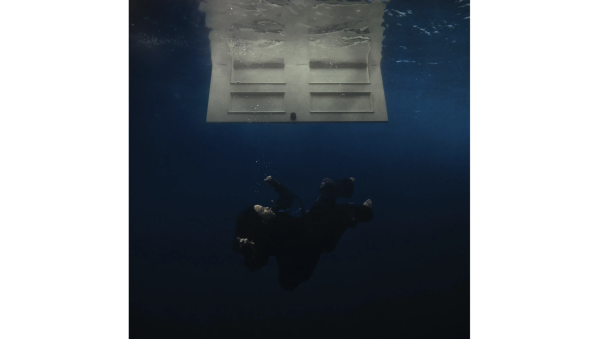Con Mucho Amor: Q&A with Film Studies Student Daniela “Dani” León
Stepping onto the local film festival scene with their first short film “Where I Stand,” Seattle University Film Studies major Daniela “Dani” Magdalena León opens viewers to a vulnerable side of their life as they come to terms with their identity in the midst of their family’s and culture’s expectations.
León screened “Where I Stand” at the The Northwest Film Forum during the 25th annual Local Sightings Film Festival, Sept. 24, which showcases independent films from across Washington. After reopening to the public last year, the festival has made several changes in operations in accordance with the state’s COVID-19 regulations. The biggest change was their decision to go hybrid, with some films only being accessible online. Even with a hybrid model, the Local Sightings Film Festival continues to be a major stepping stone for aspiring filmmakers such as León.
Rana San, a Northwest Film Forum art director, said that the festival is a place for new artists to meet.
“[It’s] a space for regional, local filmmakers to be able to come together, share resources, get projects off the ground, get critical feedback on their work and ultimately to be able to showcase their work as they were creating it,” San said.
With a short run time of three minutes and six seconds, León’s film displays many home videos and audio recordings spanning their childhood and adulthood. As they narrate over the recordings, León switches between English and Spanish, discussing the challenges that come with leaving your childhood home, family and homeland in order to seek happiness. Issues regarding gender roles, gender identity and sexuality in Mexican culture are also explored.
CM: What inspired your short film?
DL: It started off as an assignment for class; it was a prompt in Social Justice Cinema with Alex Johnston. The initial inspiration for the film was thinking about something relating to social justice that intersects with your identity. As someone who is a person of color and also queer and nonbinary, I had a lot of intersections that I had to think about. I thought there was so much overlay that it kinda led to too many options, I felt a little overwhelmed. I had recently watched this short film by my friend Ha’aheo Auwae-Dekker, who is an incredible filmmaker, and they are also a person of color, nonbinary and queer. I was feeling very inspired by them and their work, and I really wanted to make something that made me feel the way that short film made me feel.
CM: What was it like to be included in the film festival?
DL: It was so amazing! I was so ecstatic when I found out about the news. I remember being in the car getting the email that I had gotten in. I was with my brother, and I was just freaking out. I was given a director’s pass from Local Sightings. The program director, Rana, is a really wonderful human being. [She] was walking me through the whole process and was always making sure I was being a part of all the workshops, events and screenings. The director’s pass lets you view any of the screenings for free. I went to a few, watched some really amazing short films and met some really wonderful filmmakers.
But actually having my own screening, that was such a beautiful experience. That will definitely be a core memory for me. I am excited to look back at it as a beginning. I had family and friends from my childhood come. I was just bombarded with support, which was really touching.
CM: Was it hard for you to make this film? You talk about a lot of heavy subjects in three minutes, was this opening a vulnerable side to yourself?
DL: That is very true. I did have to explore a very vulnerable part of myself for the film. I think opening yourself up and feeling comfortable with your own vulnerability allows others to be comfortable with their own vulnerabilities. I just think there is so much good that can happen when someone tells their story and decides to step up and be courageous in that way.
CM: How do you feel that your short film impacts a great amount of people?
DL: I think the kind of story I told is important for people to see and feel represented. But I also think people of color, nonbinary people, or anyone a part of the LGBTQ+ community or facing any sort of prejudice deserve happy stories, you know? We all deserve to not only see our own trauma on display, but also to [ask] , “Where do we go from here?” “Where is our hope?” “Where is our place to have security?”






